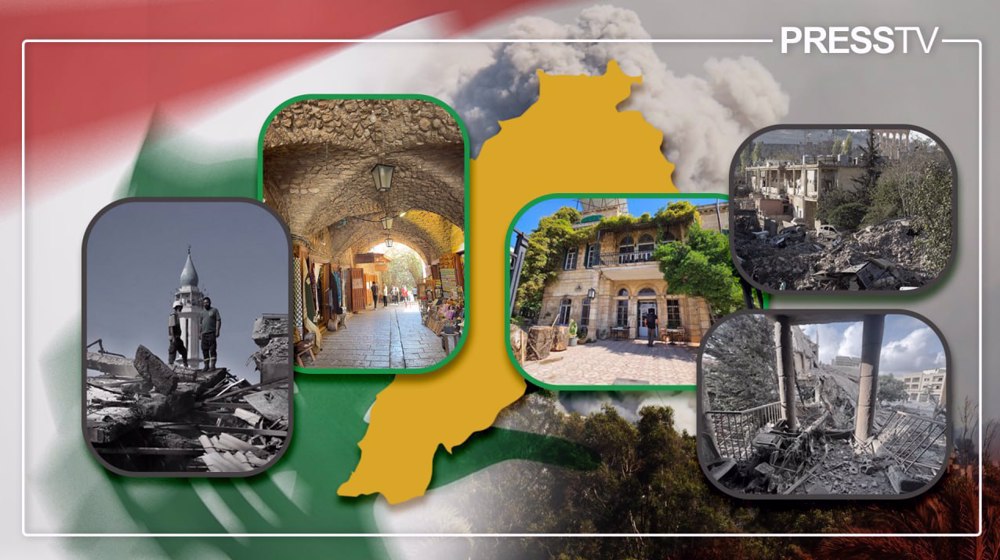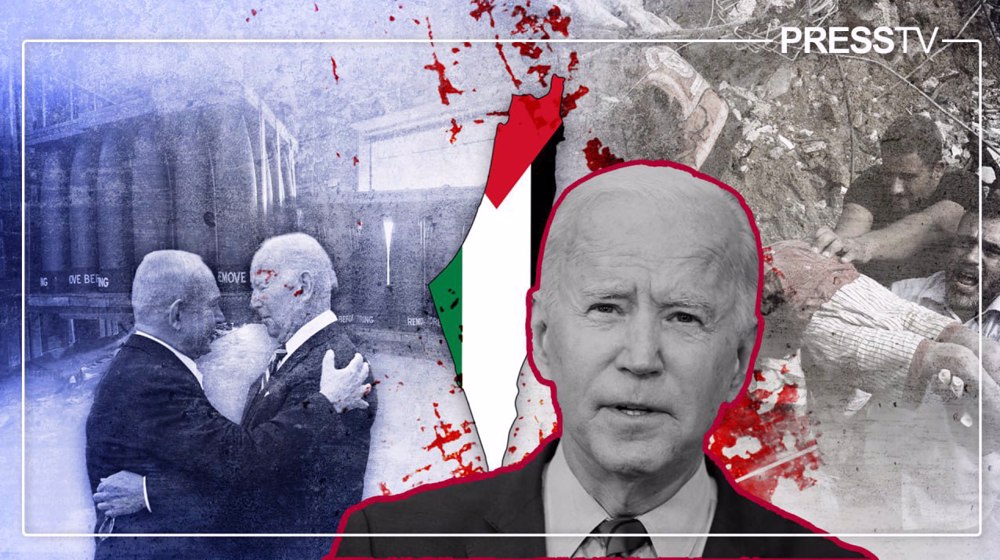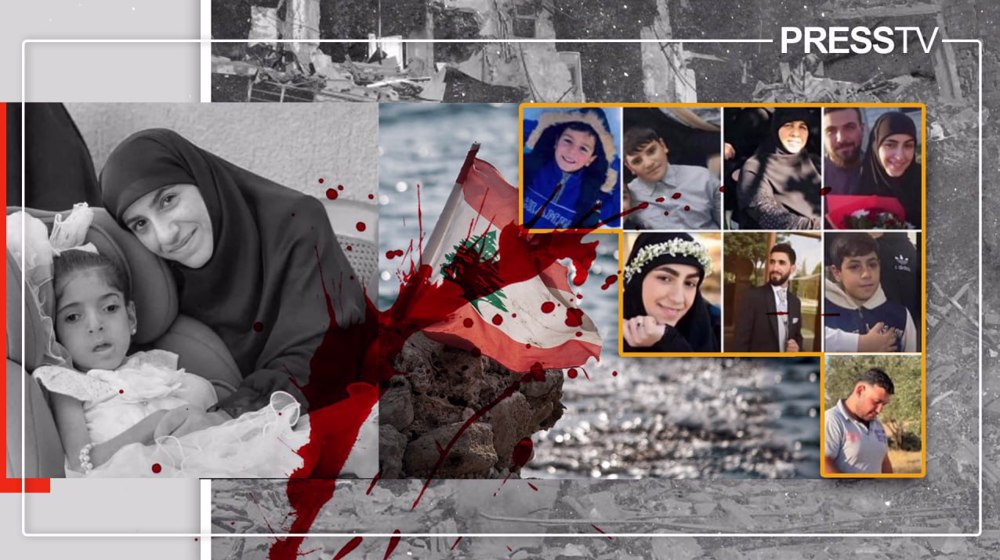Violent hierarchy, colonial origin that link Zionism and Pahlavi Kemalism
By Xavier Villar
Reza Pahlavi, the little-known son of the deposed former Pahlavi dynasty ruler of Iran Mohammad Reza Pahlavi, recently traveled to the occupied Palestinian territories.
According to his own admission, the purpose of his trip was to "send a message of friendship" and "renew the ancient ties between Iran and Israel".
Pahlavi arrived in the Zionist entity last Monday, where he was greeted by the regime’s intelligence (spying) minister, Gila Gamliel, who accompanied him throughout his visit.
During his stay, he held separate meetings with Israeli premier Benjamin Netanyahu and President Isaac Herzog, without official protocol.
As expected, Pahlavi made no mention of the situation in Palestine nor did he visit the Al-Aqsa Mosque, which was subjected to violent raids by Zionist forces during the holy month of Ramadan. According to reports, he visited the Western Wall and “offered a prayer” there.
Although the younger Pahlavi has been living outside Iran since the 1979 Islamic Revolution and is a non-entity in politics, his visit to the Zionist entity sheds light on the discursive similarities between Zionism and the political vision represented by the Pahlavi dynasty, which we can call "Kemalism".
Kemalism refers to the transformations carried out by self-proclaimed Muslim governments that undermined the possibility of Muslim political agency.
Both Zionism and Kemalism, represented by Reza Pahlavi, have the West as a nodal point in the construction of their political visions.
In these visions, there is also a desire to be white. Whiteness does not refer so much to skin color or phenotype but to a political structure and paradigm. The term "whiteness" refers to a political subjectivity that is related to the concept of white supremacy, often used in critical race theory.
This concept describes a historical juncture in which social, cultural, economic, and philosophical differences are reflected in a violent hierarchy between the West and the Rest.
The violent hierarchy and colonial origin that connects Zionism and Pahlavi Kemalism are the same that links them to the West as the center of their political visions, within an Orientalist framework that views Muslims as lacking agency.
Despite this racial view, the Muslim agency was the determining factor behind the Islamic Revolution, the same revolution that put the final nail in the Kemalist coffin in Iran.
It is that same Muslim political identity that is behind the resistance against the illegitimate Zionist entity. We can say that the Islamic Republic and Palestine are two moments of the same anti-hegemonic order that allows Muslims to live as Muslims in the contemporary world.
Indeed, it is through this discourse that we can explain Reza Pahlavi's visit to the Zionist entity.
Both have a clearly colonial origin, and both, Iran under the Pahlavi regime and the Zionist entity, are considered bearers of Western civilization and a frontier that defends the Western discourse against “terrorism” and “barbarism” of those who seek to overthrow that frontier.
Both also share the idea that these borders that serve to separate the "civilized" from the "barbarians" also serve to delimit civilization.
As political theorist Wendy Brown states, "Beyond the line is where civilization ends, but it is also where the brutality of the civilized is allowed, where violence can be freely and legitimately exercised."
The violence, both physical and epistemic, against those who live outside the walls of civilization, also connects both articulations, the Pahlavi and the Zionist.
Many Iranians still remember the legacy of the elder Pahlavi’s secret service, SAVAK. This secret service was known for suppressing dissidents during the US-backed dictatorship and for its unbridled use of torture. SAVAK was created in 1957 with the help of the CIA and Mossad.
During Reza Pahlavi's visit, his wife Yasmine posted on her Instagram account an image of a young female Zionist soldier with the Farsi equivalent of the hashtag "woman, life, freedom."
It is important to analyze this image in discursive terms, as it shows us that the Pahlavis view the armed Zionist woman as a role model, without taking into account the ethical horizons of this model or the oppression and occupation on which it is based.
The visit highlights that we are facing two colonial ruins. Nobody believes that Reza Pahlavi can return to power in the Islamic Republic of Iran, and neither can Netanyahu's assertion a few weeks ago of having isolated Iran be believed.
Both moments lack political possibilities and offer nothing for the future except a repetition of the colonial violence upon which they have been built.
Zionism and Pahlavi Kemalism are useless as political horizons. The tragedy is that they still hold material power, mainly Zionism, to continue inflicting pain.
Xavier Villar is a Ph.D. in Islamic Studies and researcher who divides his time between Spain and Iran.
(The views expressed in this article do not necessarily reflect those of Press TV.)
Syria condemns Israel's killing of 36 in 'horrific' strike on Palmyra
Iran rejects UN human rights resolution as politically-motivated, unjustified
US Senate rejects bids to halt military sales to Israel
US veto of Gaza resolution 'license' for more Israeli crimes: Tehran
Iran urges IAEA Governors Board to oppose E3’s anti-Iran resolution
Nov. 20: ‘Axis of Resistance’ operations against Israeli occupation
VIDEO | Iran celebrates National Hero Day, honoring Martyr Qassem Soleimani
VIDEO | Ethiopia-Somalia tensions worsen following port deal signed between Addis Ababa, Somaliland leaders










 This makes it easy to access the Press TV website
This makes it easy to access the Press TV website